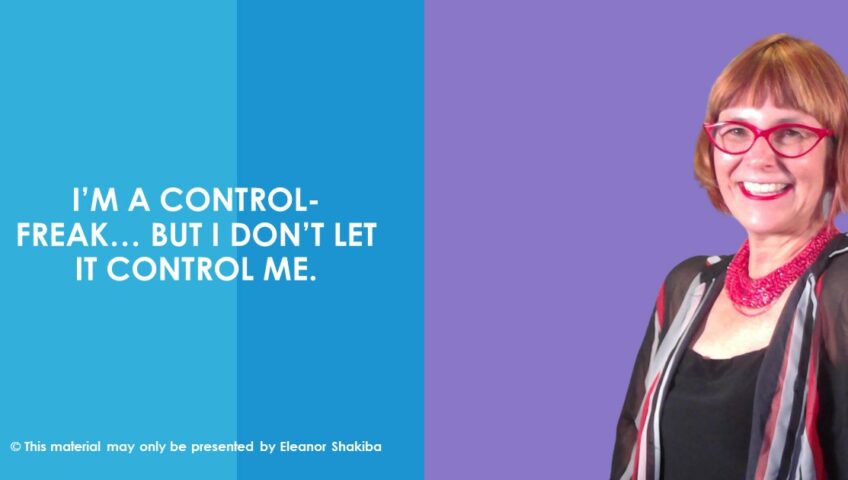Let’s talk about the dangers of being a fearless leader.
For many people, being a leader seems like a daunting task. It can feel overwhelming to have so much responsibility on your shoulders. This is especially true if you are feeling overloaded and stressed out because of change, team drama or office politics. In these situations, it’s normal to wish for a change. You might want to be strong, confident and in control. In fact, many leaders say they want to fearless.
But that is a HUGE mistake. A leader without fear is aggressive, arrogant and unwise. They’re prone to making hasty decisions and putting people and business teams at risk. So it’s important NEVER to confuse confidence and fearlessness. Confidence is about feeling capable and in control. Fearlessness is about not feeling afraid of anything. Clearly, these are two very different things.
For managers and business owners, fear has many benefits when it is managed well. For example, fear can help you stay alert and focused during difficult situations. It can also motivate you to take action and make robust decisions under pressure. Plus, experiencing fear yourself helps you empathise with your people when they are anxious.
That doesn’t mean you have to let fear take over. Indeed, giving in to fear is also a bad move for any leader. What’s better is to use fear to your advantage, instead of letting it control you. The quickest way to do this is by powering up your confidence, credibility and impact. Why? So you can feel, sound and behave like a high impact leader – even under extreme pressure. But as a busy manager or business owner you don’t have hours to spend in training, therapy or meditation classes. You need a fast working toolkit that is easy to master. That’s why I developed the High Impact Leader Formula. It’s a simple process that turns stressed out managers into leaders who make a difference.
If you’d like to learn more about the High Impact Leader formula, follow this page. I’ll post more articles about it soon.






